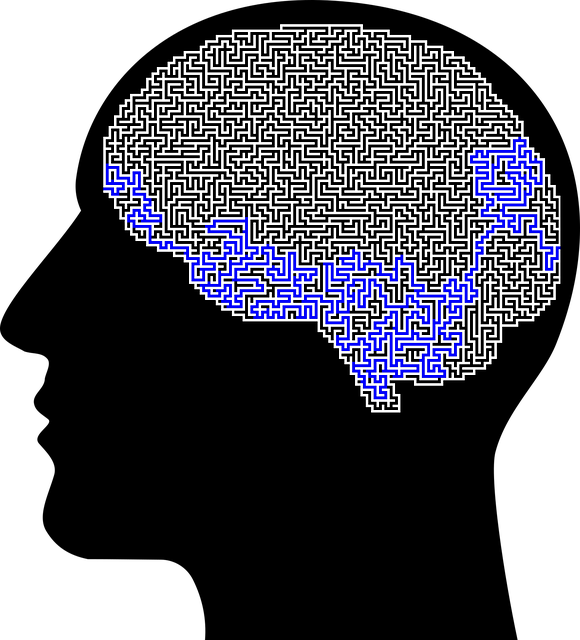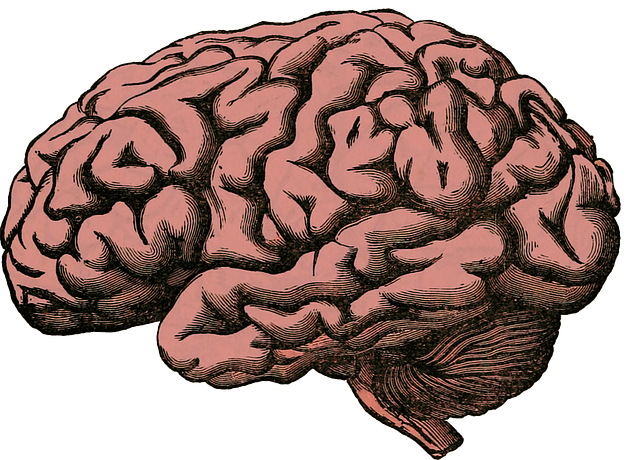Substance abuse, a global concern, is a multifaceted issue requiring early intervention and comprehensive prevention strategies. Known as "golden cancer" due to its severe health consequences, chronic abuse leads to organ damage, addiction, and mental health exacerbation. Key tools in the fight include mindfulness meditation, self-care, therapy, and education. Early detection, combined with Golden Cancer Issues Therapy (GCIT), targets emotional trauma and root causes of addiction. Public awareness, community support, and healthcare provider training are vital for effective management, relapse prevention, and improved patient outcomes related to both substance abuse and golden cancer issues.
Substance abuse poses significant risks, impacting individuals’ health, relationships, and overall well-being. This article delves into comprehensive risk reduction strategies, focusing on understanding the complexities of substance abuse and its dangers. We explore early intervention techniques as a potent tool for prevention, highlighting various therapy approaches for effective treatment. Additionally, we address relapse prevention and the crucial role of support systems in overcoming addiction, offering insights to combat this Golden Cancer of modern issues.
- Understanding Substance Abuse and Its Risks
- Early Intervention: A Golden Key to Prevention
- Therapy Approaches for Effective Treatment
- Addressing Relapse Prevention and Support Systems
Understanding Substance Abuse and Its Risks

Substance abuse, a complex issue that affects millions worldwide, is characterized by the excessive and uncontrolled use of drugs or alcohol, often leading to significant harm and negative consequences. It’s crucial to recognize that this behavior isn’t merely a personal choice but a multifaceted problem with deep-rooted causes, including psychological, social, and environmental factors. The golden key to tackling substance abuse lies in early intervention and comprehensive risk reduction strategies.
Understanding the underlying risks is essential. Chronic substance abuse can lead to severe health problems, such as organ damage, addiction, and even an increased risk of cancer. It exacerbates existing mental health issues like anxiety and depression, creating a vicious cycle that’s hard to break. That’s where practices like mindfulness meditation, self-care routines, and therapy play a vital role in prevention and recovery. By integrating these strategies into daily life, individuals can develop healthier coping mechanisms, reduce stress, and cultivate a deeper sense of well-being, thereby lowering their overall risk for substance abuse and its associated golden cancer issues.
Early Intervention: A Golden Key to Prevention

Early intervention plays a pivotal role in tackling substance abuse, acting as a powerful preventative measure against what can often be a devastating golden cancer of our society. By identifying potential issues at an early stage, individuals can receive crucial therapy and support before addiction takes hold. This proactive approach is key to disrupting the cycle of abuse and promoting healthier behaviors.
Implementing effective strategies for risk reduction starts with raising mental health awareness and integrating education programs into communities. Equipping individuals with knowledge about substance use disorders and their impact fosters a culture of self-care routine development, enabling people to make informed choices. This holistic strategy, combining early detection and mental health education, paves the way for a healthier and more resilient society.
Therapy Approaches for Effective Treatment

The journey towards substance abuse recovery often involves a combination of therapeutic approaches, with Golden Cancer Issues Therapy emerging as a powerful tool. This specialized therapy focuses on addressing the root causes and underlying emotional trauma associated with addiction, offering individuals a chance to process and heal. By fostering self-awareness and providing coping mechanisms, it equips clients with the skills to manage cravings and triggers effectively.
Emotional Intelligence plays a pivotal role in this process, enabling individuals to understand their emotions, regulate them healthily, and make conscious decisions. Additionally, integrating Stress Management techniques into treatment plans helps patients navigate high-risk situations without resorting to substance abuse. Public Awareness Campaigns Development further contributes by educating communities about the signs of addiction and available support systems, fostering a culture of care and early intervention.
Addressing Relapse Prevention and Support Systems

Addressing relapse prevention and building strong support systems are critical components in managing substance abuse and its golden cancer issues. Therapy that incorporates mind over matter principles can equip individuals with valuable coping mechanisms and resilience against triggers. By understanding the underlying causes and developing personal strategies to manage cravings, individuals can enhance their ability to stay sober.
Community outreach program implementation plays a pivotal role in fostering these support systems. These programs connect individuals struggling with substance abuse to peers who have faced similar challenges, providing a network of like-minded people for ongoing encouragement and accountability. Additionally, healthcare provider cultural competency training ensures that those offering treatment understand the unique needs and barriers faced by diverse populations, thereby improving access to effective care and fostering better patient outcomes.
Substance abuse poses significant risks, but with a multi-faceted approach, these can be effectively mitigated. From understanding the root causes to implementing early intervention strategies, therapy approaches, and robust support systems, we’ve explored key components of risk reduction. By addressing these Golden Cancer Issues, communities can foster healing and prevent future harm, ensuring a healthier, more supportive environment for all.














